Conference on National Security and Democracy Day One
Prime Minister Yair Lapid and Defense Minister Benny Gantz Address IDI’s 2022 Conference on National Security and Democracy
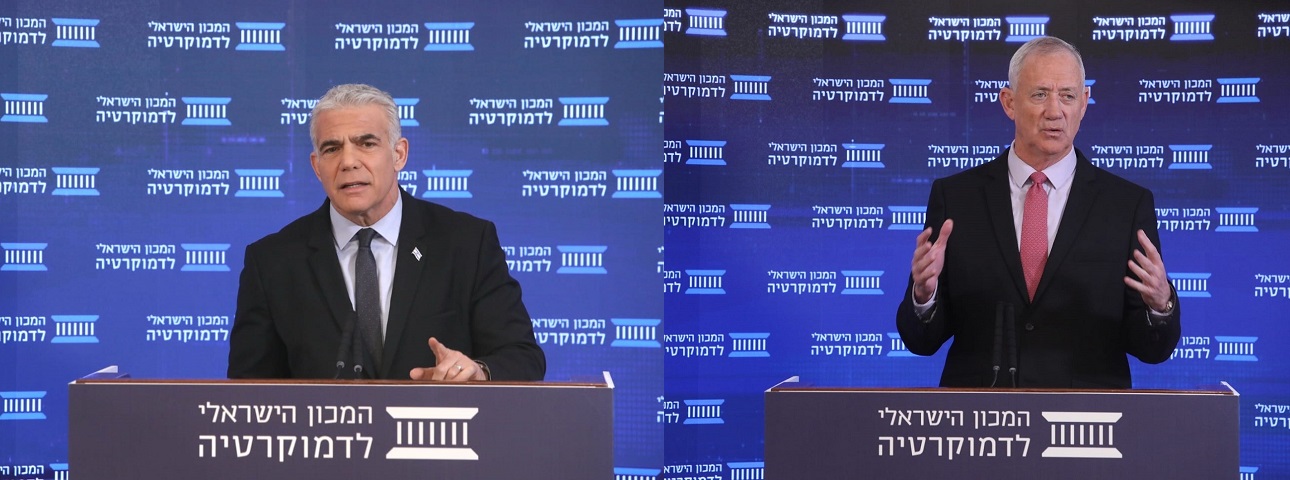
The Israel Democracy Institute is holding its annual two-day conference on National Security and Democracy in cooperation with the Konrad Adenauer Stiftung. The conference is focusing on a series of issues pertaining to challenges facing Israeli democracy as the country continues to contend with complex security threats. Among the issues under discussion at the conference are the current model of military service and proposed reforms for professional career officers, political oversight of the IDF by the Israeli Security Agency, the interactions between the IDF and the media, and the tensions pertaining to the role of religion in the IDF.
The first day of the conference included addresses by senior leaders such as Prime Minister Yair Lapid and Defense Minister Benny Gantz, and a series of panels featuring members of parliament, former senior military officers and leading academic experts.
Highlights
Yohanan Plesner, President, Israel Democracy Institute - “One of the challenges facing Israel, is the need to find the balance between safeguarding security interests and personal security, while protecting our democracy without going to extremes… The IDF has consistently earned high grades in terms of public trust, but it seems it will be difficult going forward for the military to navigate between the different sectors and divisions in our society.”
On proposed judicial reforms: “Our judicial system’s independence and effectiveness has been one of Israel’s most important defenses in dealing with political and legal threats in the international arena.”
On the new survey measuring Jewish Israelis’ opinion on the IDF - “The results are interesting, and at times troubling, and exemplify the price of maintaining democracy alongside ongoing conflict.”


Dr. Beatrice Gorawantschy, Director, Konrad Adenauer Stiftung, Israel - "National security and safety policies need to be able to react to current challenges and simultaneously we need to strengthen our democratic resilience and protect the freedoms that are fundamental to our way of life."
MK Yair Lapid, Prime Minister of Israel – On the proposed judicial reforms: “This is not legal reform, this is not ideology, this is criminality taking advantage of an opportunity. We have to stop this and we are determined to do so… We are not here just to pay taxes and send our children to the army. The first step is to explain to the public not the what, but the why. We'll tell him what's really going on here: the public is being tricked, he's being hurt, the democratic foundations of the country are being dismantled, all just for personal needs. There is no other reason.”
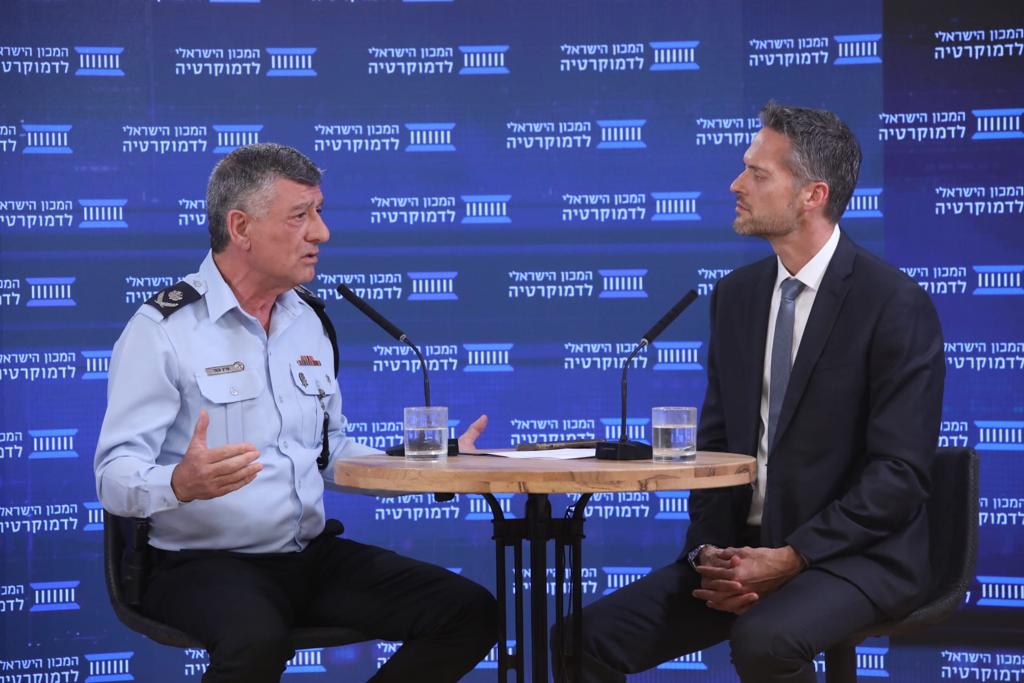
Minister of Defense, MK Benny Gantz – “The IDF’s independence and strength is derived from the Declaration of Independence. Our national security is built on our security and moral strength. I am troubled that the moral aspects have become subjects of contention.”
On the need for ‘national security’: “If citizens in peripheral regions of Israel cannot access quality education, that is a threat to our national security. National security is not the title of an office, but the policies that enable stable governance and Israel’s ability to promote its national goals.”
Gantz added with regards to the various proposals to curbing the court’s powers and to centralizing power in the hands of the politicians: "Our last resort is the Supreme Court and its ability to rule if something is ‘unconstitutional.’ In Israel we don’t have any other options beyond the legal, media and parliamentary tools.”
The IDF in the Eyes of the Public: Presentation and discussion of the 2022 Survey
Prof. Tamar Hermann, Academic Director, Viterbi Family Center for Public Opinion and Policy Research, Israel Democracy Institute; The Open University of Israel - “The public perception is that the army successfully provides security. On the other hand, perceptions of various managerial aspects is different. The army is perceived as a wasteful institute. Even though it promotes women’s integration it is perceived as less equal.”
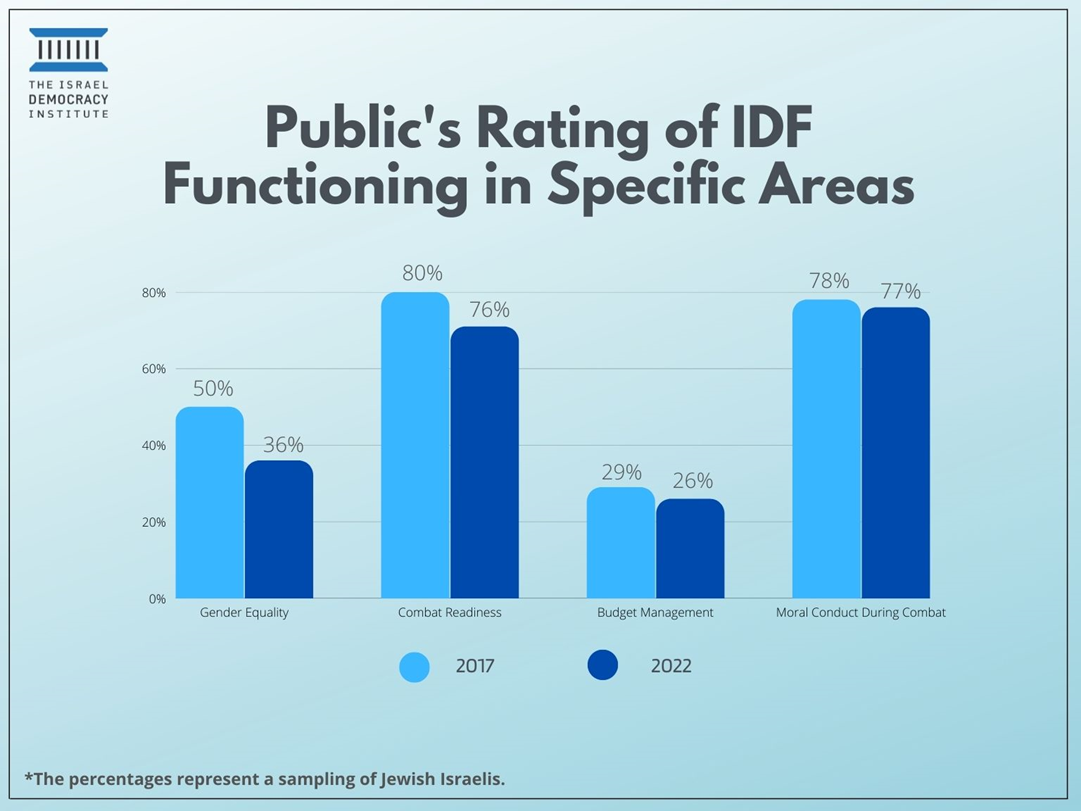
Prof. Amichai Cohen, Senior Fellow, Israel Democracy Institute; Faculty of Law, Ono Academic College – “There is a disconnect between the lower ranks and the high ranks in the army. The thing that is most troubling is the perceptions amongst the youth. The youth is more emotionally distant from the army. Overall, there is a general trend amongst the young that they have less faith in the formal institutions. This may be a generational gap but they are the ones the army relies on.”
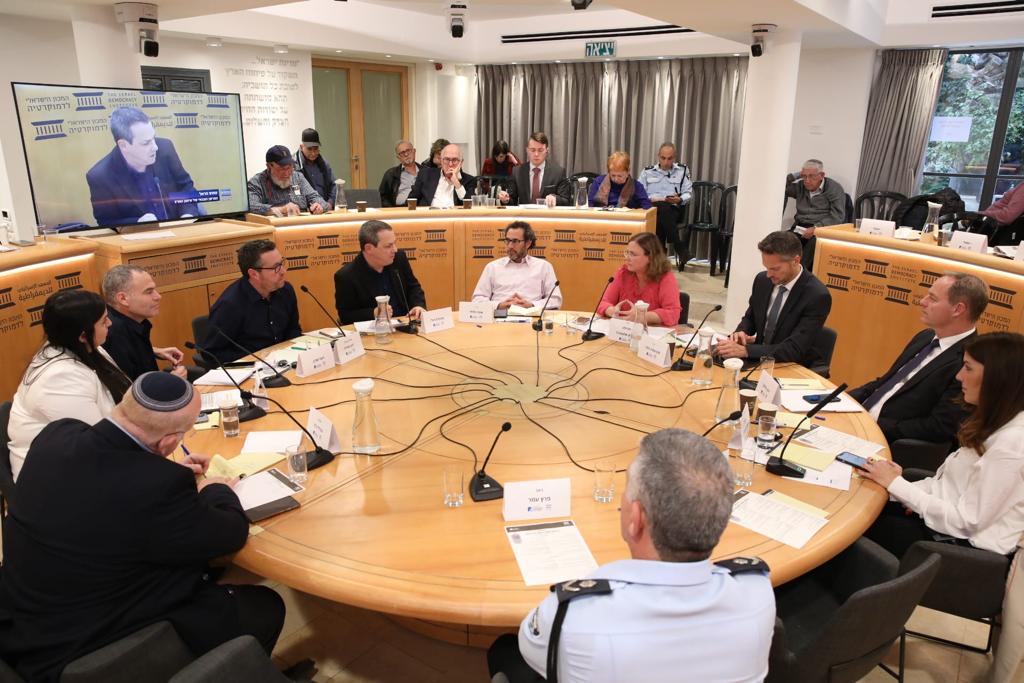
The Standing Army Model Session
Eli Bing, Deputy Director of the Budget Division, Ministry of Finance – “The current model that relies on the budgetary pension as an incentive is not effective. Young quality officers are not incentivized by considering a future pension, they want to be compensated in the present.”
Prof. Karnit Flug, Vice-President, Research, Israel Democracy Institute and William Davidson Senior Fellow for Economic Policy; Former Governor, Bank of Israel – “A main principle should be adequate compensation in the military for those who are risking their lives and their service is particularly onerous and therefor are unable to create work-life balance… There are positions in the IDF that have equivalent jobs in civilian life and perhaps we should therefor “demilitarize” these positions and make their conditions similar to others in civilian public service. The IDF’s challenge is managing different models within one institution. This is a challenge that the IDF has not yet managed to grapple with.”
Ofer Shelah, Former MK, Senior Researcher, Institute for National Security Studies (INSS) - “One of the tensions in the IDF today is that one organization manages three different operations: the mandatory service, the standing army, and the reserves. Each has its own rationale and requirements.”
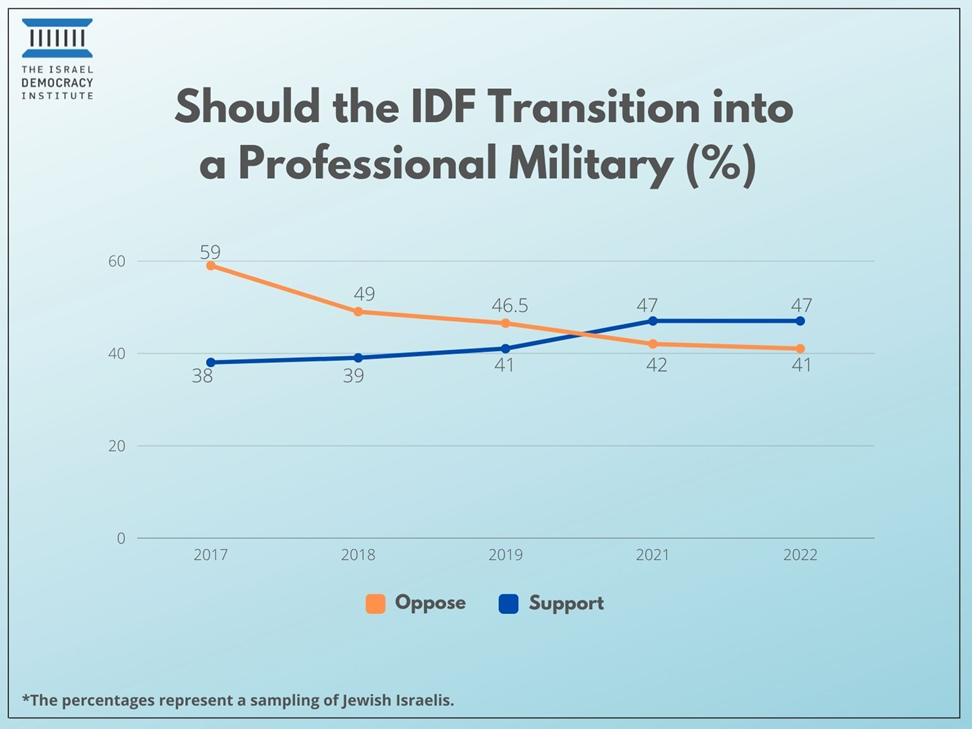
Maj. Gen. (res.) Amir Eshel, outgoing Director General, Ministry of Defense - “Abilities are the only thing that matters, not ideologies. We need to talk about women’s abilities to fulfill military tasks. The women serving in combat units are doing an exceptional job and they don’t fall short on any parameter. Women bring an amazing added value. It’s worthwhile integrating them for even a shorter time. Those who speak out of ideology are not looking at the only test that matters and that is their capabilities.”
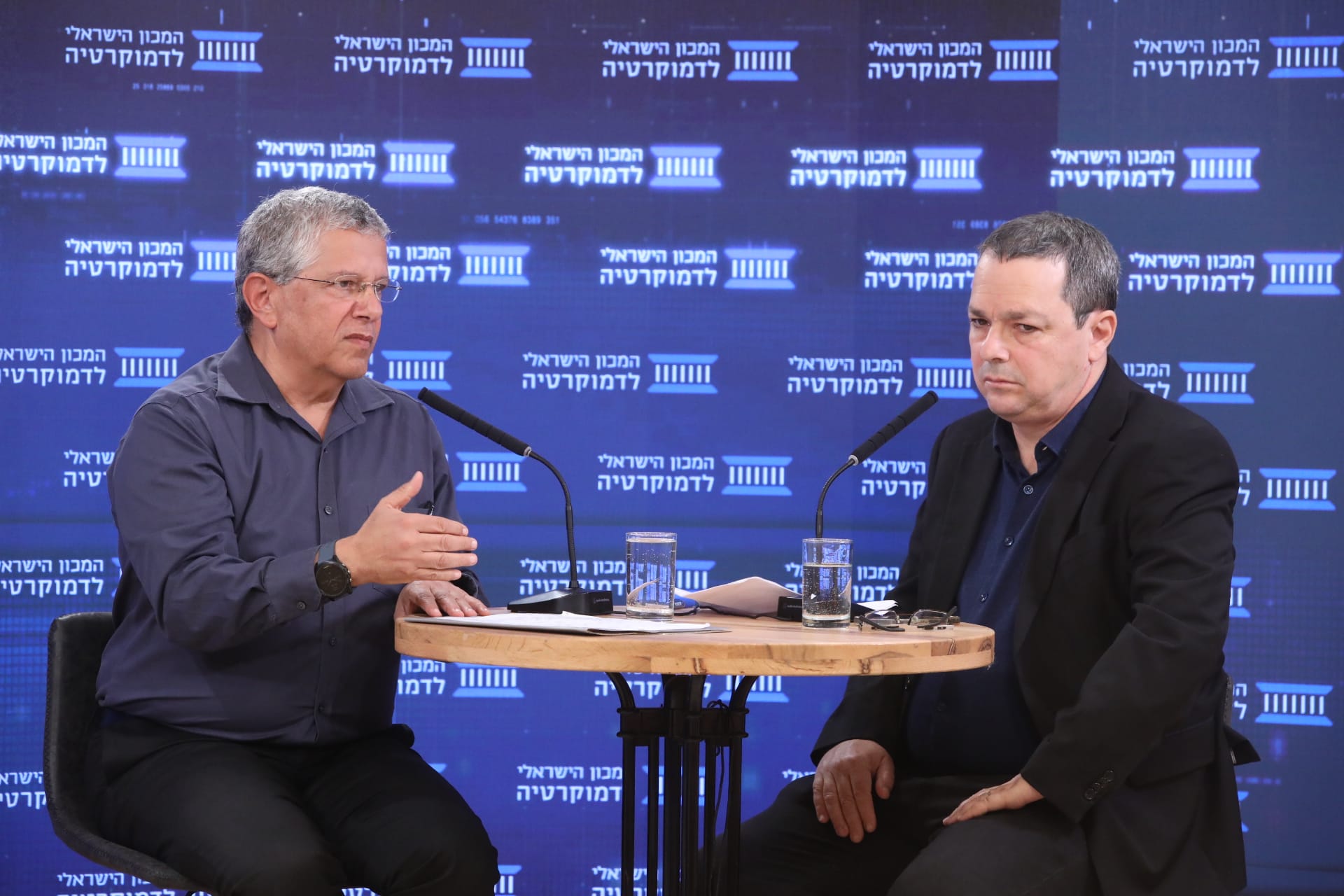
On the US-Israel relationship Eshel added: “The relationship with the US is a central pillar of Israel’s security. It is a fundamental element of our defense system. There is no Chinese or Russian alternative. This is not relevant to us. This cooperation (with the US) is critical.”
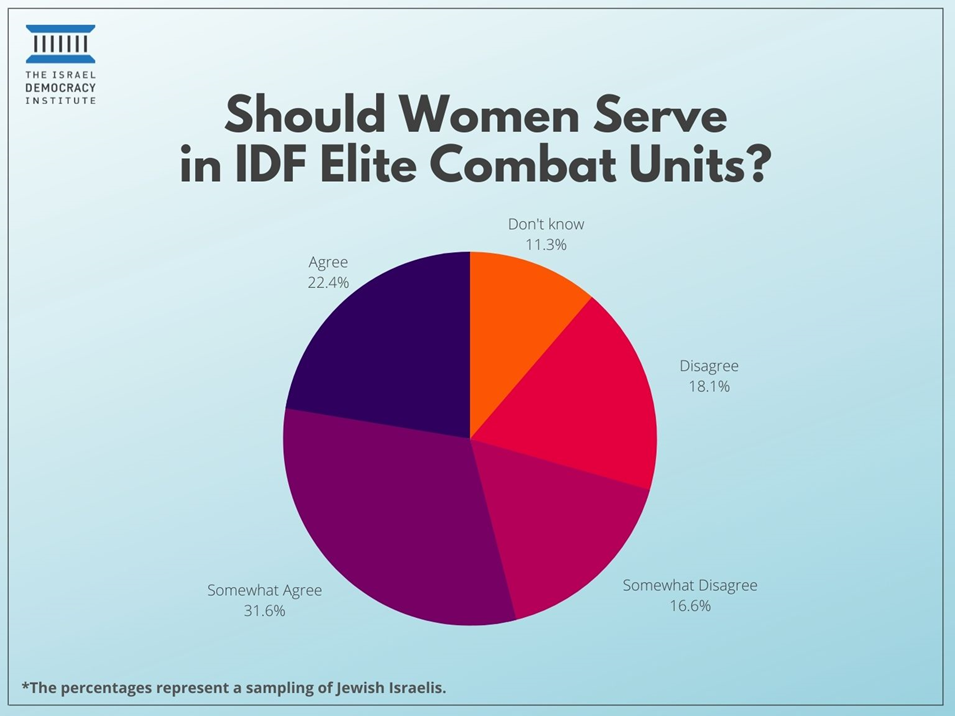
Tweets from the Field: The Military and the Media
Maj. (res.) Keren Hajioff, Prime Minister’s International Media Spokesperson; Former Spokesperson, IDF Northern Command - “Sometimes a light finger on the keyboard has more impact than the finger on the trigger. We can learn a lot about the way social media is used, for better or worse. This is a central arena.”
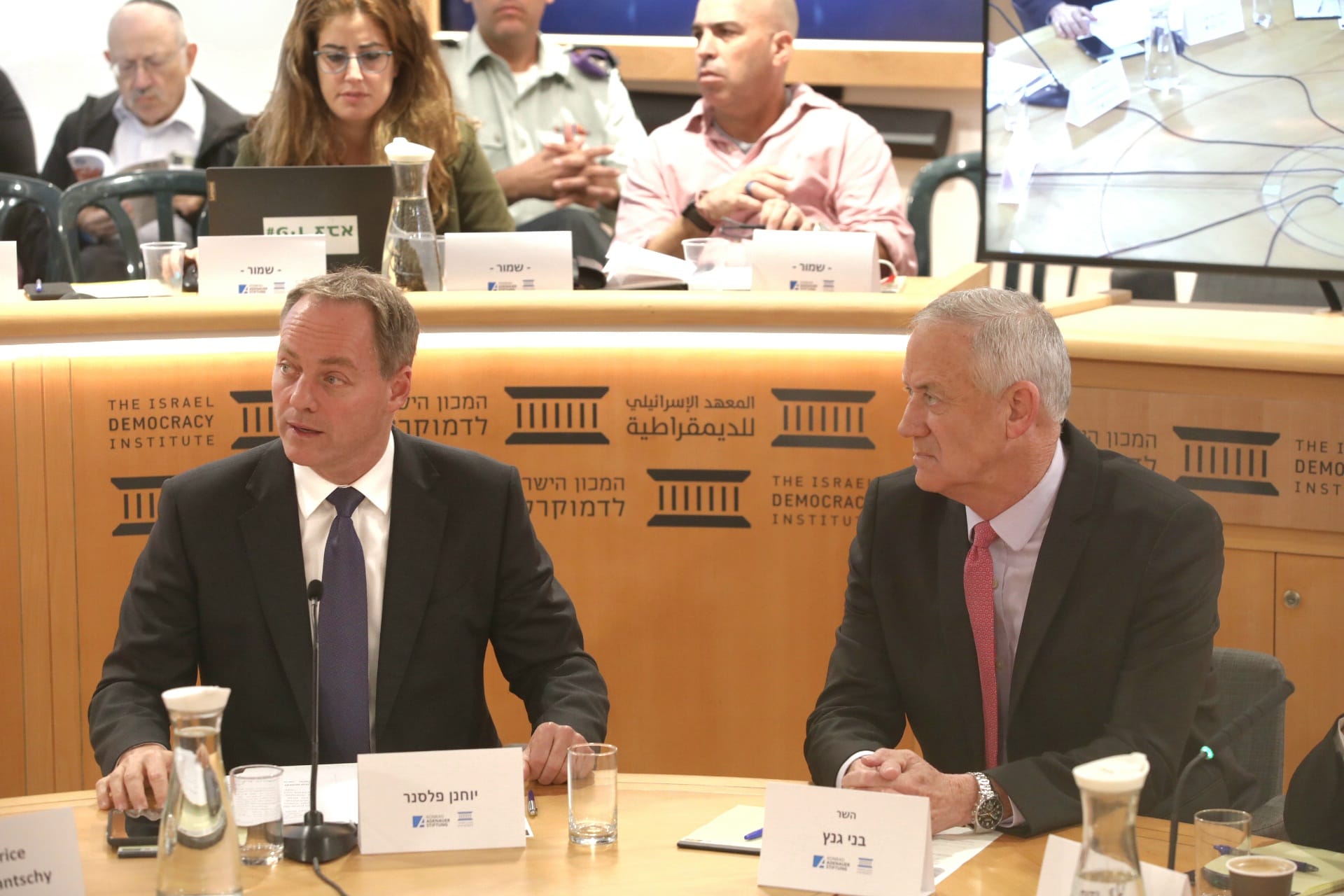
Brig. Gen. (res.) Ronen Manelis, Former IDF spokesperson; Former Director General, Ministry for Strategic Affairs; Commentator, Kan News - On cyber-attacks and fake news: “There is no way to fight it. At the end of the day, the agenda comes first and the facts second. The facts are a bonus, not just in Twitter but in the traditional media too.”
“What the Chief of Staff did was a show of support to the soldiers, to those that follow the army’s directives every single day” Manelis on the Chief of Staff’s open letter following the Hebron incident.
